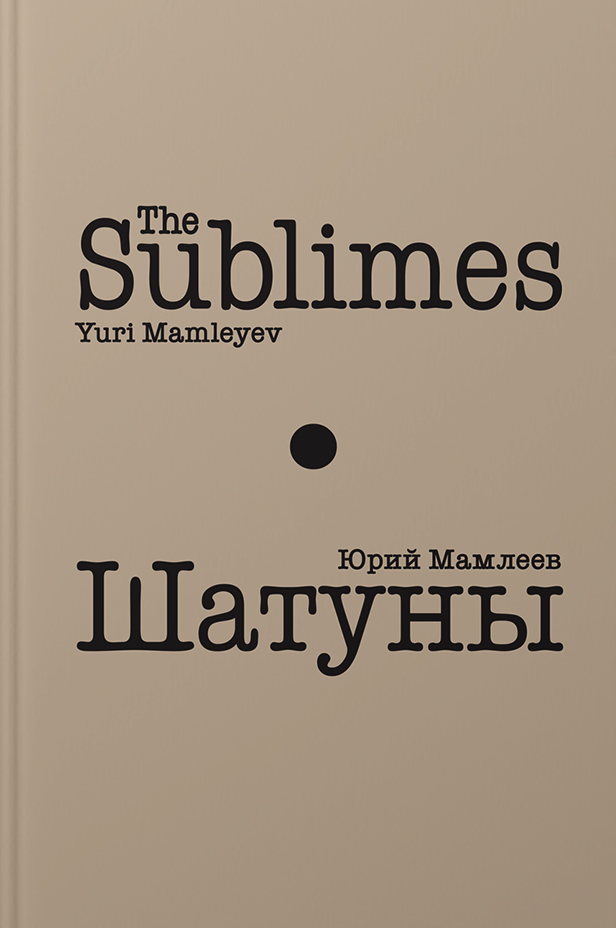What do you think?
Rate this book


408 pages, Hardcover
First published January 1, 1966
Feverishly, in vivid, surprising strokes, he drew for Fyodor the commonly accepted picture of the first stages of life beyond the grave, focusing especially on inevitable, almost automatic retribution: retribution for the evil committed in this life, particularly for killing.
“Vanity of vanities, all that,” Fyodor reacted indifferently, chewing his noodles…
“What retribution there?” Fyodor grunted. “And if there is, what of it? Life’s retribution as is.”
Klava’s voice came from underground and, for some reason, carried rather obscene intonations. “Oh, I believe he thought we were all evil.”
Padov laughed loudly. “But we aren’t evil, we’re just otherworldly,” he said, and he hid his head in his grass grave.

